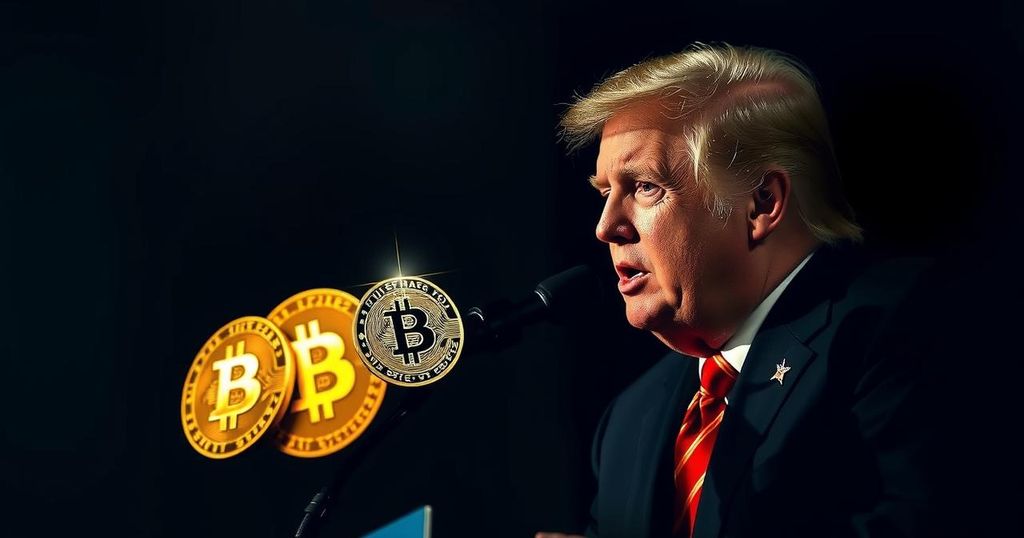Preventing Civil War in Libya: The Urgency for European Intervention
Libya stands on the brink of disintegration as escalating tensions between its political factions intensify. Following weeks of increasing hostilities, the Dabaiba and Haftar factions are at the forefront of this turmoil. Notably, Saddam Haftar’s blockade of Libya’s largest oilfield and subsequent military maneuvers has punctured the fragile 2020 ceasefire, signaling a potential return to civil strife. The parliament’s recent decision to unrecognize Prime Minister Abdul Hamid Dabaiba’s government further exacerbates the situation. As the Presidency Council dismisses the central bank governor, an ally of Haftar, the precarious balance of power may be tipping towards outright conflict.
To avert a civil war, Libya necessitates a comprehensive stabilization strategy rather than piecemeal interventions. This approach requires the concerted efforts of key European powers—namely France, Germany, Italy, and the United Kingdom—to forge a geopolitical alliance alongside the United States, thus ensuring a united front against Russian influence in Libya. Additionally, regional stakeholders such as Algeria, Egypt, and Turkey must be included to lend their support.
The interim head of the UN mission in Libya, Stephanie Khoury, ought to be empowered to propose an emergency roadmap aimed at reviving the political landscape, which could include the organization of elections and negotiations with pivotal Libyan political figures. Despite anticipated opposition from Russia, the backing of permanent members of the UN Security Council, especially given the United Kingdom’s influential role, could provide the necessary leverage for Khoury’s initiative. Following the proposal’s announcement, the European bloc should consider reinforcing Khoury’s objective with additional personnel.
This diplomatic coalition must exert pressure on Libya’s political elite, particularly military leaders such as Haftar, to de-escalate tensions and recommit to the ceasefire. They should ensure the reopening of oil fields while imposing restrictions on central bank expenditures and new energy projects until elections occur. Private diplomatic channels might best achieve this objective, blending potential sanctions with incentives for cooperation. A unified statement should also clarify that recent developments demonstrate the obsolescence of Libya’s current political institutions, thereby facilitating the call for a new, legitimate political framework.
The delicate situation in Libya has alarmed Algeria, which perceives Haftar’s maneuvers as a direct threat. Concomitantly, Turkey and Russia have been increasing their military support to both Dabaiba’s and Haftar’s factions, further complicating the landscape. Should this impending collapse remain unchecked, it threatens to disrupt European migration and energy interests, intensify regional conflicts, and spawn a range of destabilizing consequences reminiscent of Libya’s prior civil wars in 2014 and 2019. Thus, decisive action is imperative to restore stability and prevent a repeat of history.







Post Comment